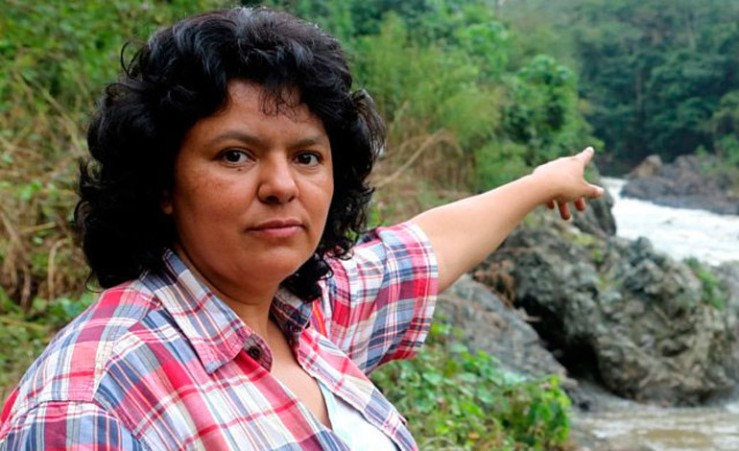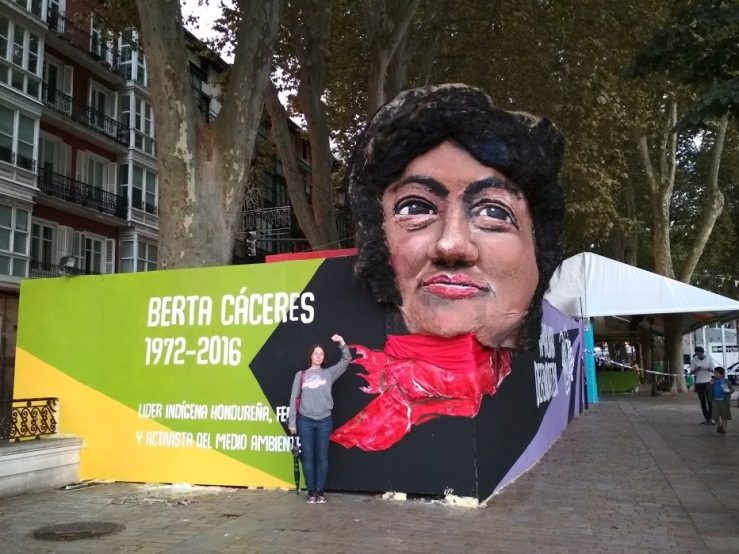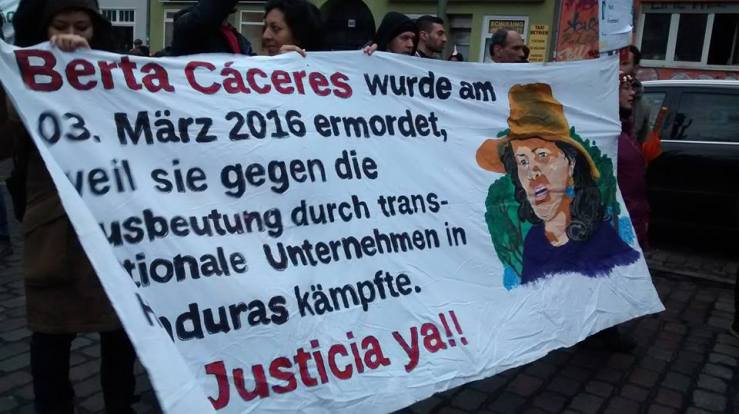This post is in honor of Marielle Franco, slain socialist, queer woman of color, favela leader, single mother, human rights activist. She was executed leaving this workshop on Black Brazilian women’s empowerment on March 14, 2018. Elected to the Rio de Janeiro city council with PSOL (Socialism and Liberty Party) in 2016 at the age of 36, she served next to David Miranda, husband of American journalist Glen Greenwald.
An outspoken critic of police brutality, corruption, and inequality, Greenwald described Marielle as “one of those rare people who made you feel like all the grime and misery and deceit and opportunism you constantly encounter when you work in or near politics is worth it.” David Miranda -the first openly gay councilperson to be elected- spoke of his fallen comrade, “I’m not going to rest. You were the sun in those bright, radiant summer days! My best friend, my sparring partner, my counselor, my sister. Today the favela will rise and the power structures will fall. Marielle, here now and forever. I love you.”
A huge crowd filled the square in front of city hall in Rio de Janeiro to mourn and protest her murder:
Marielle had recently condemned extrajudicial police killings of favela residents on Twitter, and was assigned to monitor military forces in her neighborhood. Although we still do not know who killed Marielle, the nature of the assassination – a car pulling up next to hers and bullets aimed at her and her driver – make it clear that someone wanted her dead for her political work.
Marielle Franco joins Berta Cáceres, Honduran indigenous rights and environmental activist, murdered two years ago this month at the age of 44. Cáceres was the co-founder of the Council of Indigenous Peoples of Honduras and winner of the Goldman Environmental Prize for her work against the Agua Zarca hydroelectric dam. Cáceres organized with her fellow indigenous Lenca to block the dam, taking on the Chinese company Sinohydro, the World Bank’s International Finance Corporation, and Honduran company Desarrollos Energéticos, S.A. It was a fight that put her life in danger. In 2013 she said,
“The army has an assassination list of 18 wanted human rights fighters with my name at the top. I want to live, there are many things I still want to do in this world but I have never once considered giving up fighting for our territory, for a life with dignity, because our fight is legitimate. I take lots of care but in the end, in this country where there is total impunity I am vulnerable… When they want to kill me, they will do it.”

I’ve written before about the United States’ involvement in the Honduran coup and the connection between the School of the Americas-trained soldiers and Cáceres’ death. This connection was confirmed when two of the eight arrested for her murder were found to be graduates of the School of the Americas. Most recently, former military intelligence officer and executive president of Desarrollos Energéticos SA – the company building the dam- was arrested on March 2, 2018. Thus far, nine individuals have been arrested in connection with her murder. They wanted Berta dead because of her political work.
Yet she lives on. I visited Bilbao, Pais Vasco this summer, and there was a huge paper maché construction of Berta Cáceres as part of the town’s festival. In Berlin during Internationale Frauentag (International Women’s Day) there she was, on a banner.


Marielle Franco and Berta Cáceres didn’t know each other. But they were fighting similar struggles, against the violent police and military forces occupying their neighborhood and territory. They both stood for self-determination and justice. In terms of traditional power, they had little. These were “merely” women- both women of color, Berta indigenous, Marielle gay, coming from the poorest and most oppressed areas of Honduras and Brazil. Yet both Marielle and Berta posed a threat to the powerful. They refused to be silent in the face of injustice and organized others to join with them. This is why these women were so dangerous to the interests of corporations, military, and police.
I’ll end with another dangerous woman: a small Polish Jewish woman who walked with a limp. Rosa Luxemburg, revolutionary leader in the SPD and later the Spartacists, was assassinated in January 1919 by the German government after the Spartacist uprising. She slammed the German government’s repression of the revolution, writing just prior to her assassination:
“Order prevails in Berlin!” You foolish lackeys! Your “order” is built on sand. Tomorrow the revolution will “rise up again, clashing its weapons,” and to your horror it will proclaim with trumpets blazing:
I was, I am, I shall be!”
To both of these luchadoras -las luchonas verdaderas- we see you and remember you. Marielle y Berta, presenté!

